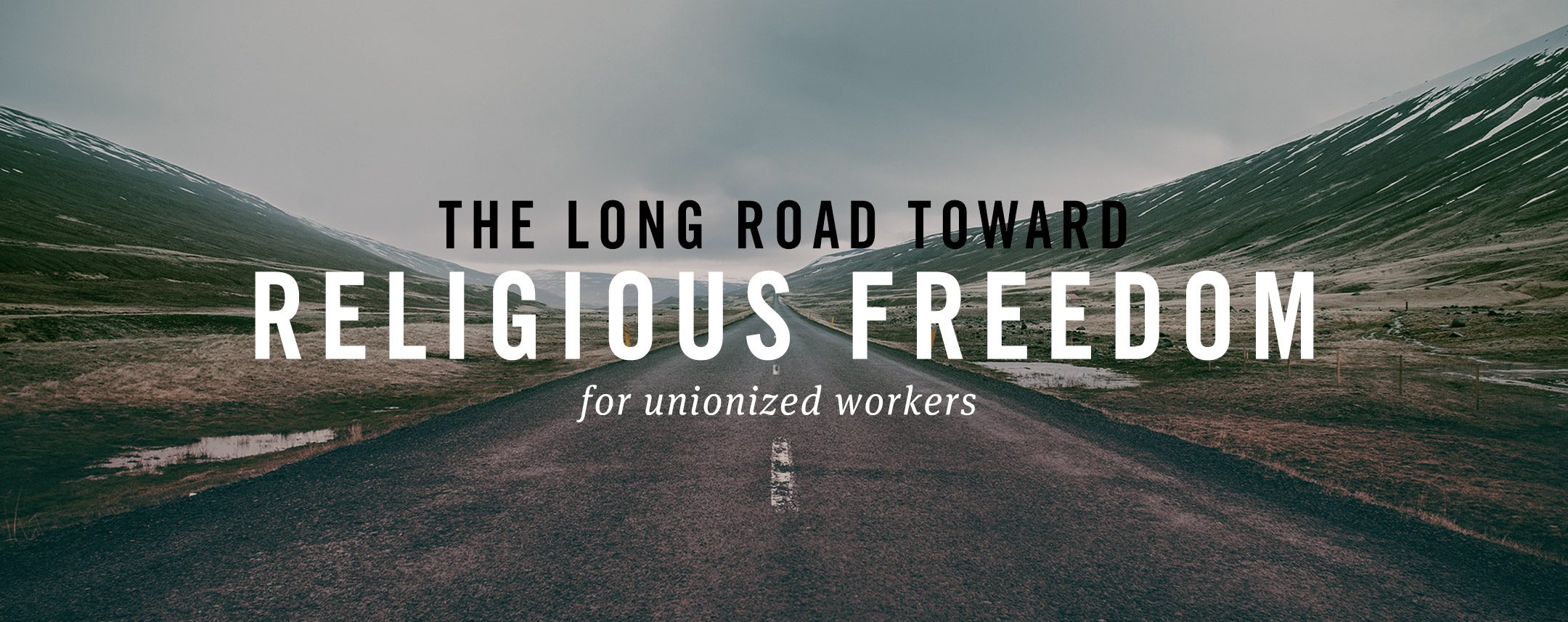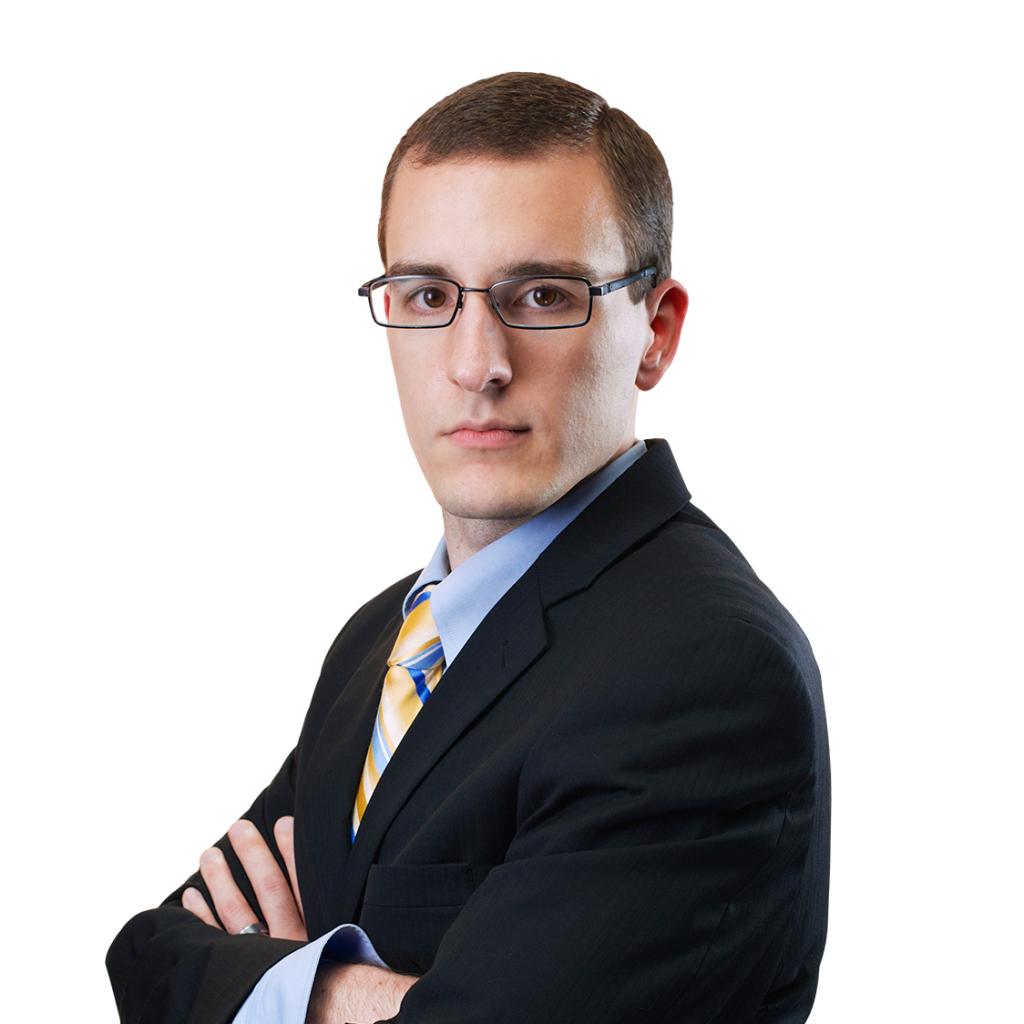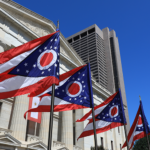On Tuesday, the Washington State Senate passed SSB 5339, a Freedom Foundation-supported bill introduced by Sen. Steve O’Ban (R-University Place) to better protect the civil rights of public employees objecting to union membership on religious grounds.
The bill passed 25-24 on a party-line vote, with all members of the Majority Coalition Caucus voting in favor and all Democrats voting against.
State law allows unions to require public employees to pay union dues and/or fees as a condition of employment. However, some public employees object to their union’s political and ideological activity on religious grounds. Current state and federal laws provide certain accommodations for public employees who object to union membership on religious grounds, but state laws on the subject are inconsistent, out-of-date and unduly burden employees.
Several different state statutes govern collective bargaining for different types of public employees. Typically, the law allows public employees who object to union membership on religious grounds to send their dues to a charity instead of to the union. However, current state law gives the union veto power over an employee’s choice of charity. This process is often abused to drag out the process and imposes undue hardships on employees seeking to exercise their civil rights. Some unions go as far as to claim the objector must give to a union-designated charity. The Seattle Education Association’s collective bargaining agreement, for instance, claims that a religious objector must pay their dues/fees “to a non-religious charity designated by the SEA.”
If the union and employee cannot agree on an acceptable charity, the employee may appeal to the Public Employment Relations Commission (PERC), which will generally side with the employee. However, forcing a public employee to file litigation to exercise his or her acknowledged civil rights is not only unduly burdensome, but a waste of tax resources.
Even worse, the religious objection statute for state employees currently requires the objecting employee to pay the full dues amount to the union “for purposes within the program of the employee organization… that would be in harmony with his or her individual conscience.” For various legal reasons, and obvious practical ones, forcing public employees with religious objections to union membership to continue financially supporting the entity they object to does not actually accommodate public employees’ right. Even unions generally do not attempt to enforce the statute as written and permit objecting employees to donate their dues to a charity as other public employees may. Nonetheless, the statutory language is often copied verbatim in state employee collective bargaining agreements (see Article 40.3 of the Washington Federation of State Employees’ CBA, for instance), which confuses state employees about their actual rights.
Additionally, some union officials and public employees erroneously believe, based on the language of state laws, that a public employee must belong to a faith with a formal teaching against union membership to qualify for the religious objection. However, the State Supreme Court ruled in Grant v. Spellman, 99 Wn.2d 815 (1983) that public employees may claim an exemption based on their bona fide, personally held religious beliefs, which is the standard currently recognized by the courts and PERC.
SSB 5339 would fix these flaws and would standardize and streamline the process of accommodating the rights of religious objectors by:
1. Updating the state’s religious objector statutes to reflect the Grant v. Spellman ruling and recognize that employees may object to union membership based on their bona fide personal religious views.
2. Allowing public employees who object to union membership on religious grounds complete discretion to donate their dues to any charity participating in the state’s Combined Fund Drive.
3. Bringing the state employee religious objection statute into compliance with current law and practice by providing that an objecting employee may contribute his or her dues to a charity instead of the union.
During a hearing on the bill before the Senate Commerce, Labor and Sports Committee, the bill was opposed by a Dennis Eagle, a lobbyist for the Washington Federation of State Employees, who dismissed the measure as “a solution in search of a problem” and Paul Benz of the progressive Faith Action Network. The Freedom Foundation and several public employees testified in favor.
Here’s what several retired public employees had to say about SB 5339:
- “This would standardize and streamline the process for the handful of teachers who would exercise this option… Senate Bill 5339 also provides vital protection to religious objectors due to the control the union tries to exert on the process of selecting a charity… It was difficult for me to find a union-approved charity that did not also offend my deeply held religious beliefs. This senate bill allows for a broader choice of charities than I was given.”
– Barbara Amidon, a retired public school counselor from Olympia.
- “I support SB 5339, and particularly the portion that authorizes employees who object to union membership based on bona fide personally-held religious beliefs to designate the charitable organization to which the funds, no longer going to the union, are diverted.”
– Theodore Nutting, retired math teacher from Seattle
- “I am strongly in favor of SB 5339. I, as well as a number of others that I know including my wife, were victims of the union’s dishonest and predatory practices with regard to exercising our right to non-association.”
– Gerald Marsh, retired state employee from Olympia.
Four other public school teachers testified in favor of SB 5552 in 2015, a similar bill that didn’t receive a vote in the full Senate. The legislation has also been supported by the Family Policy Institute of Washington and the Northwest Religious Liberty Association.
Unfortunately, during the debate on the Senate floor, the senators opposed to the bill either misunderstand or misconstrued what it would do.
Sen. Maralyn Chase (D-Edmonds) claimed, “The true purpose of this bill… is to defund labor unions by making anyone, anywhere eligible for religious objector status.”
Not so. In fact, the scope of the religious exemption would not change at all under SSB 5339. In this regard, the bill would simply bring state statutes into compliance with past Supreme Court decisions and current practice.
Michael Sellars, PERC’s executive director, confirmed as much in testimony on a prior version of this legislation, SB 5552, in 2015:
“Currently the statutes that would be amended allow for a religious objection when its due to religious tenets or teachings of a church or religious body of which such public employee is a member. In 1983, the State Supreme Court interpreted that language to include the language you’re now considering, personally held religious beliefs. So since 1983, PERC, in interpreting that statute, has used the language that is currently before you and our regulation denotes that as well.”
Similarly, Sen. Bob Hasegawa (D-Seattle), described the legislation as a “freeloaders bill” because it would allow public employees to avoid financially supporting the union representing them. Again, however, it is already a well-established civil right that public employees with religious objections to union membership can choose to send their dues to a charity. The extraordinary ability of government unions to act as monopoly providers of workplace representation does not erase this constitutional protection.
Others, such as Sen. Steve Conway (D-Tacoma), contended the bill wasn’t necessary. In his remarks, Sen. Conway claimed, “We’ve had two years now of hearings, and I think we had one person show up to testify on this bill… That does not speak to me of a major problem.”
Again, this is simply inaccurate. In 2015, four public employees speaking in support of the bill were joined by the Freedom Foundation, the Family Policy Institute of Washington, and the Northwest Religious Liberty Association. In 2017, two more public employees spoke in favor of the bill, as did the Freedom Foundation.
Sen. Conway also argued that the bill would restrict an employees’ choice of charity, since the bill would limit acceptable charities to those participating in the CFD, a program under which public employees can choose to contribute via payroll deduction to any of nearly 3,000 charities around the state. But the range of charity selections provided under SB 5339 far exceeds what many religious objectors currently have access to.
For instance, the Washington Federation of State Employees only allows religious objectors to choose between five different charity options, while the Seattle Education Association’s collective bargaining agreement goes so far as to claim that a religious objector must pay their dues/fees “to a non-religious charity designated by the SEA.”
Even though the legislation passed the Senate, it is unfortunate the so many elected officials voted against what should be an uncontroversial civil rights protection measure.
The legislation now heads to the House for consideration. A companion bill to SSB 5339 introduced in the House by Rep. Matt Shea (R-Spokane Valley), HB 1007, was not given a hearing.
Hearing on SB 5339 before the Senate Commerce, Labor and Sports Committee
Senate floor debate on SB 5339










